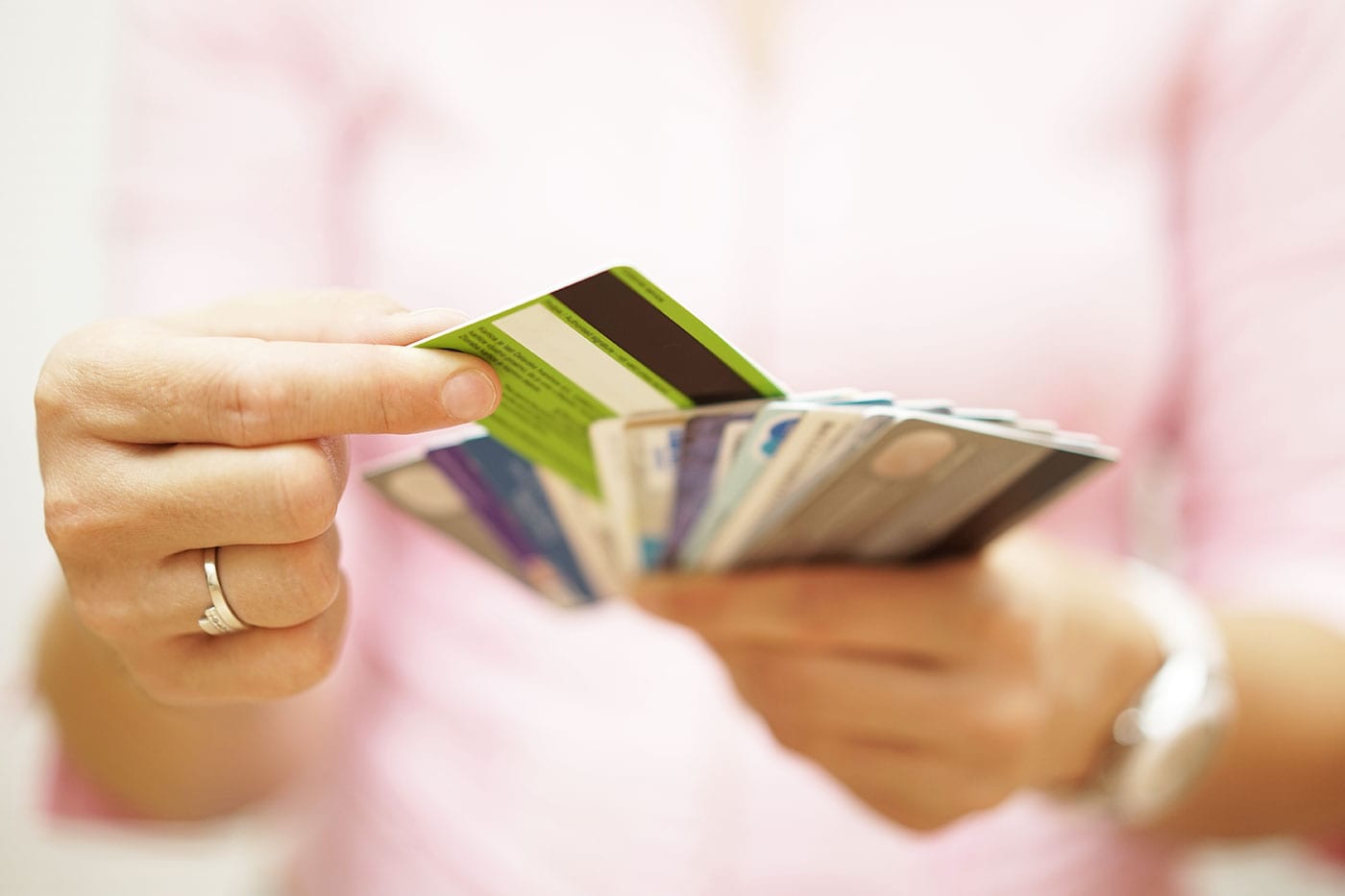Applying For A Credit Card After Bankruptcy: When To Do It
Jan 15, 2024 By Triston Martin
Fixing your credit report is one of the first things to do after declaring bankruptcy. When is the earliest you may apply for new credit? Because a bankruptcy discharge is required, this is conditional on the bankruptcy you filed. Timing on this varies widely, from as little as six months to as much as five years.
Various Bankruptcy Forms

For the typical consumer, bankruptcy falls into chapters 7 or 13.
Chapter 7
It will completely wipe off your debt and not demand any repayment on your part.
Chapter 13
For this type, you'll have to make payments over time, determined by how much debt and discretionary income you have, following strict IRS requirements.
Most customers drowning in debt opt to file for Chapter 7 bankruptcy and begin over by having their obligations liquidated. However, if your salary is within the state median and your disposable income is at a certain threshold, you will not pass the means test necessary to file for Chapter 7. If you're looking to file for bankruptcy, Chapter 7 is your best (and worst) option. It stays on your record for ten years. Chapter 7 bankruptcies are often dismissed within four to six months after they are initially filed. Credit harm from Chapter 7 stays on your record the longest, but it takes the least time to restore your credit after filing.
The Bankruptcy Effect on Credit Card Applications

The bankruptcy notation need not be removed from your credit record; it must be dismissed. Filing for bankruptcy can severely impair your credit score regardless of your chosen chapter. Start by fixing the errors in your credit report if you want to raise your credit score.
The procedure is similar to a person opening their first credit card. While it's essential to build a good credit history, you must also address any lousy information that may already be present.
Have a strategy to pay off any new debt you incur before applying for loans. Don't let debt spiral out of hand and trap you again. Credit counselling is a mandatory part of the filing and discharge processes and may help you create a manageable strategy for handling your financial obligations.
Inquire About Your Credit Rating
You should check your credit score before applying for any new credit. Credit scores may be accessed for free in various ways, and you may even have access to yours through your bank or another financial institution.
Furthermore, at annualcreditreport.com, you may acquire a free copy of your credit report. Although this site does not provide free credit ratings, it is a valuable tool for verifying the authenticity of the information in your credit file, which ultimately determines your score.
Evaluate Your Choices
You can better plan when to re-enter the credit card market and which cards you could be eligible for if you know your credit score. Keep this in mind because applying for new credit will require a hard inquiry into your credit report, reducing your score and making it more challenging to get approved for high-end cards after bankruptcy.
Therefore, you should choose the best possible card within your scoring range. The CardMatch program is an excellent starting point. You might benefit from a secured credit card. Eventually, you'll be able to get a premium card, but right now, it's more important to focus on the basics.
Using A Credit Card To Repair Your Credit
Paying your payments on time, not just your credit card bills, is the first step in repairing your credit score after you've obtained a credit card or loan. Wait to ask for a higher credit limit on your established card until your credit history has improved.
If you press too hard, you risk getting a firm "no," which will lower your evaluation. Keep a low balance on your credit cards. In a perfect world, you would have them at zero. Remember that if this is your first credit card, the interest rate will be low, and you may even have to put some of your money up as collateral.
The Conclusion
You will only be eligible to apply for a new credit card once you receive a discharge from your bankruptcy. Debts erased in a chapter 7 bankruptcy case often occur within four to six months. You're looking at three to five years if you file for Chapter 13 bankruptcy.
Rebuilding your credit requires applying for new credit, but only if you have a strategy to utilize that credit wisely. Making on-time monthly payments and keeping your balance low are excellent habits to form with your credit card.








